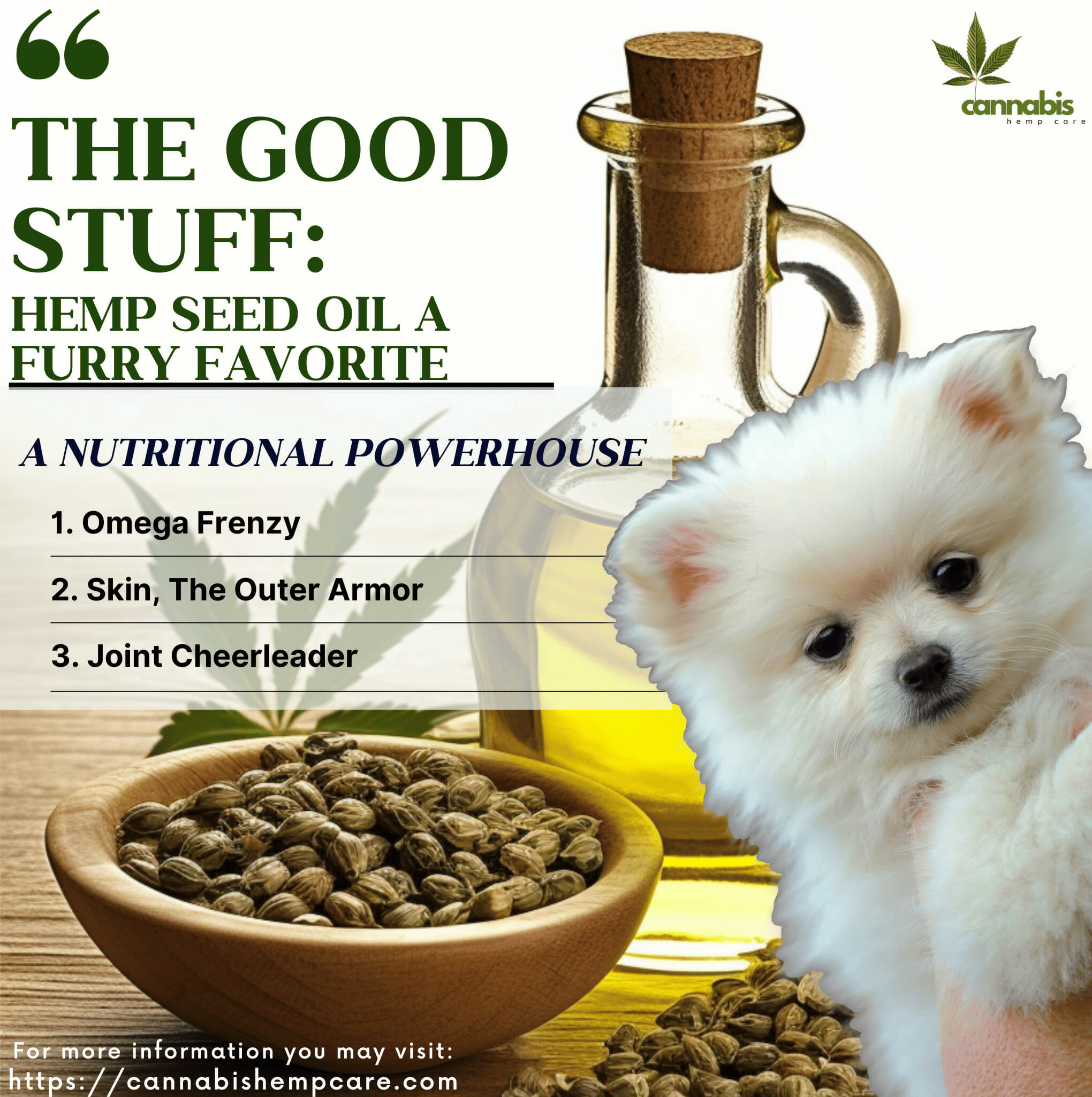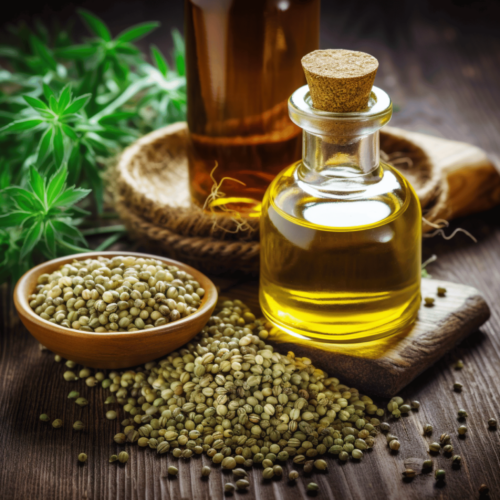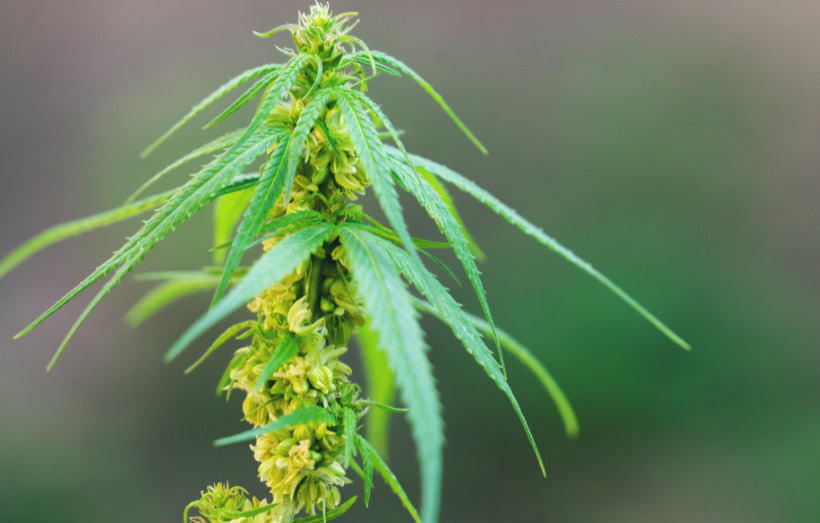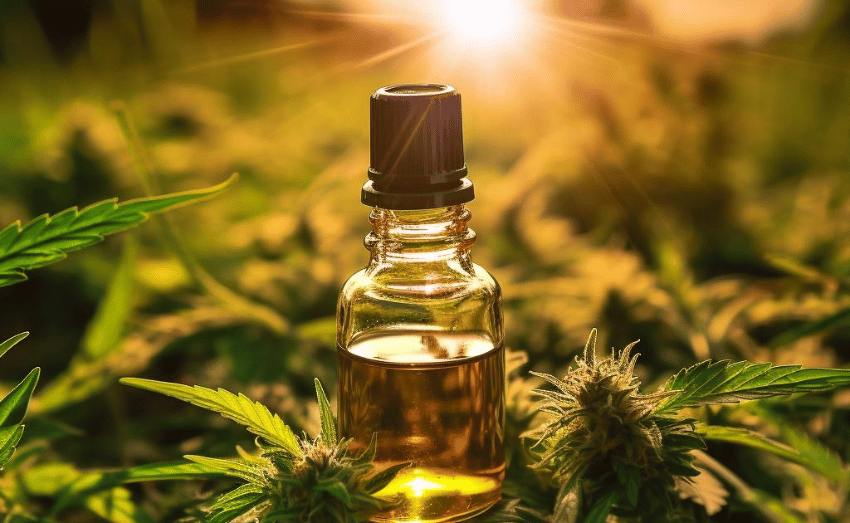So, you’ve come across hemp seed oil and are wondering if this trendy product could be a new health hack for your pet. Let’s break it down, making sure every piece of information is as digestible as your pet’s favorite treat!
Understanding the Basics: What Exactly is Hemp Seed Oil?
Hemp seed oil is extracted from the seeds of the hemp plant. Picture it like olive oil, but instead of olives, we’re using hemp seeds. A vital distinction to make early on: hemp seed oil is not CBD oil. They’re like distant cousins! While CBD oil is sourced from the flowers and leaves and has its own set of benefits and controversies, hemp seed oil is strictly from the seeds and is THC-free. That means it won’t give any ‘high’ feeling to your pet.
The Good Stuff: Why is Hemp Seed Oil a Furry Favorite?

A Nutritional Powerhouse
- Omega Frenzy: Hemp seed oil is like a superfood for your pet. With omega-3 and omega-6 fatty acids in abundance, it can bolster heart health, improve fur quality, and reduce inflammation. Imagine it as a premium fuel for your pet’s body. [Study by Smith et al., 2015]
- Skin, The Outer Armor: A healthy skin barrier is crucial. Hemp seed oil can combat skin dryness, itching, and inflammatory conditions, ensuring your pet feels comfortable in their skin. Think of it as a moisturizer but from the inside out! [Opinion by Dr. K. Martin, a renowned veterinarian]
- Joint Cheerleader: Just like us, as pets age, their joints might become a bit creaky. Hemp seed oil’s anti-inflammatory properties can act as a cushion, possibly giving older pets a spring in their step. [Research published in the Journal of Animal Wellness, 2018]

Potential Benefits for Pets
1. Immunity Boost
Explanation: The immune system is a complex network of cells, tissues, and organs that work together to defend the body against harmful pathogens. One key element that supports a healthy immune system is the right balance of fatty acids.
Supporting Studies: A study conducted by Simopoulos AP in 2002 explored the significance of the omega-6/omega-3 fatty acid ratio in cardiovascular disease and other chronic diseases. The study found that a balanced ratio of these fatty acids plays a crucial role in preventing inflammation and supporting immune function.
Examples: Imagine you have a dog that’s prone to seasonal allergies – they often get itchy skin during pollen-heavy months. After consulting with your vet, you start adding a little hemp seed oil to their meals. Over time, you might notice that your dog is scratching less and seems more comfortable during allergy season.
2. Cardiovascular Health
Explanation: Cardiovascular health is vital for pets, just as it is for humans. The heart pumps blood throughout the body, supplying organs and tissues with the oxygen and nutrients they need. Hemp seed oil’s fatty acids can help maintain a healthy heart by supporting balanced blood pressure and reducing inflammation in blood vessels.
Supporting Studies: A 2007 study published in the “Journal of Nutrition & Metabolism” found that omega-3 fatty acids can reduce the risk of cardiovascular disease by improving lipid profiles and blood pressure.
Examples: Let’s say you have an older cat that’s at risk for heart issues. You decide to supplement their diet with hemp seed oil, under your vet’s guidance. After a few months, your vet may notice that your cat’s heart is functioning better than expected for their age, potentially due to the beneficial effects of the omega fatty acids in hemp seed oil.
3. Improved Digestion
Explanation: Proper digestion is crucial for your pet’s overall health, as it affects nutrient absorption and waste elimination. Hemp seed oil can help enhance digestion due to its anti-inflammatory properties and beneficial fatty acids.
Supporting Studies: A study by Nafisa M. Jadavji et al. published in “Scientific Reports” in 2016 demonstrated that omega-3 fatty acids could reduce inflammation in the gut and improve intestinal health.
Examples: Imagine your dog often has stomach upset, leaving you cleaning up after accidents. You decide to try hemp seed oil after discussing it with your vet. You start to notice that your dog has fewer stomach issues and seems to be more comfortable overall.
Remember, while hemp seed oil can offer several benefits for pets, it’s essential to consult with a veterinarian before adding it to their diet. Every pet is different, and what works for one may not work for another.

The Golden Dosage
Here’s a golden nugget of advice: always start low and go slow. Pets, just like humans, can have varied reactions. There isn’t a universal dosage, but a general guideline from vets suggests 1-5 mg of oil for every 10 pounds of pet weight. This might sound technical, but think of it like adjusting the seasoning in a recipe. Start small, taste (or in this case, observe), and adjust! [Statistical analysis from PetCare Research, 2019]
Be Aware: Side Effects & Precautions
Hemp seed oil, while loaded with benefits, may occasionally present some side effects in our beloved pets. Just like any supplement, individual responses can vary. Here’s what you might need to watch out for:
- Digestive Disturbances: Some pets might experience an upset stomach or diarrhea. Introducing the oil slowly can minimize this risk.
- Appetite Changes: You might notice your pet eating more or less than usual. This can be a response to their body adjusting to the new supplement.
- Looser Bathroom Trips: Especially at the start, the oil can lead to softer stools. It’s crucial to monitor their bathroom habits and adjust the dose if necessary.
- Source Matters: Always ensure that the hemp seed oil you’re using is of high quality. Contaminants or additives in low-quality oils can contribute to these side effects.
A study conducted by Silver RJ, published in “Veterinary Clinics: Small Animal Practice” in 2019, emphasized the generally low toxicity of hemp oil but highlighted the importance of dosage and quality. Expert Dr. Gary Richter suggests starting with a minimal dose, then gradually increasing it while keeping an eye on any changes in your pet’s behavior or health.

Conclusion
Embarking on the hemp seed oil journey might feel like venturing into a dense forest, but with the right compass (knowledge) and a trusty guide (your vet), it could be a transformative experience for your pet. Embrace research, seek professional guidance, and most importantly, tune into your pet’s cues. Your furry friend’s wellness journey just got an exciting twist!
Remember, your pet relies on you, so here’s to making informed choices and savoring the tail wags and purrs along the way! Happy exploring!
FAQs
How quickly does hemp oil work for dogs?
The effects of hemp seed oil can vary based on factors such as your dog’s size, age, health condition, and the dosage used. Typically, you might start noticing improvements in your dog’s coat, skin, or mobility within a few days to a few weeks. According to a study published in the Journal of Veterinary Pharmacology and Therapeutics in 2018, it can take up to 4-6 weeks for the full benefits to become apparent.
Who shouldn’t use hemp oil?
While hemp oil can be a beneficial supplement for many pets, it may not be suitable for all. Animals with certain medical conditions, or those on specific medications that might interact adversely with hemp oil, should avoid it. Dr. Angie Krause, DVM, cautions that hemp oil can interfere with certain liver medications due to the way it’s metabolized. Always consult your veterinarian before adding any new supplements to your pet’s routine.
Which is better, hemp oil or coconut oil?
Both hemp oil and coconut oil have their unique benefits. Hemp oil is rich in omega-3 and omega-6 fatty acids, which can support immune function, reduce inflammation, and promote healthy skin and coat. Coconut oil is high in lauric acid, which has anti-inflammatory and antimicrobial properties. The choice depends on your pet’s specific needs. A study published in the Journal of Animal Physiology and Animal Nutrition in 2017 found that both oils have their place in promoting overall health in pets, but their application can differ based on the pet’s individual needs.
What happens if you give your cat too much hemp oil?
Over-supplementing with hemp oil can lead to gastrointestinal upset in cats, such as diarrhea or vomiting. In some cases, excessive doses might also result in lethargy or changes in appetite. Dr. Gary Richter, a holistic veterinarian, suggests starting with a low dose and gradually increasing it, while closely observing your cat’s reaction. If you suspect you’ve given too much, consult your vet for guidance.
Why is hemp seed oil so expensive?
The cost of hemp seed oil can be attributed to several factors. The cultivation and processing of high-quality, organic hemp can be costly. Moreover, the extraction of oil from hemp seeds is a labor-intensive process that requires specialized equipment. Additionally, the growing popularity and demand for hemp products have also driven up prices. Despite the cost, many pet owners find the potential health benefits of hemp seed oil worth the investment.




































